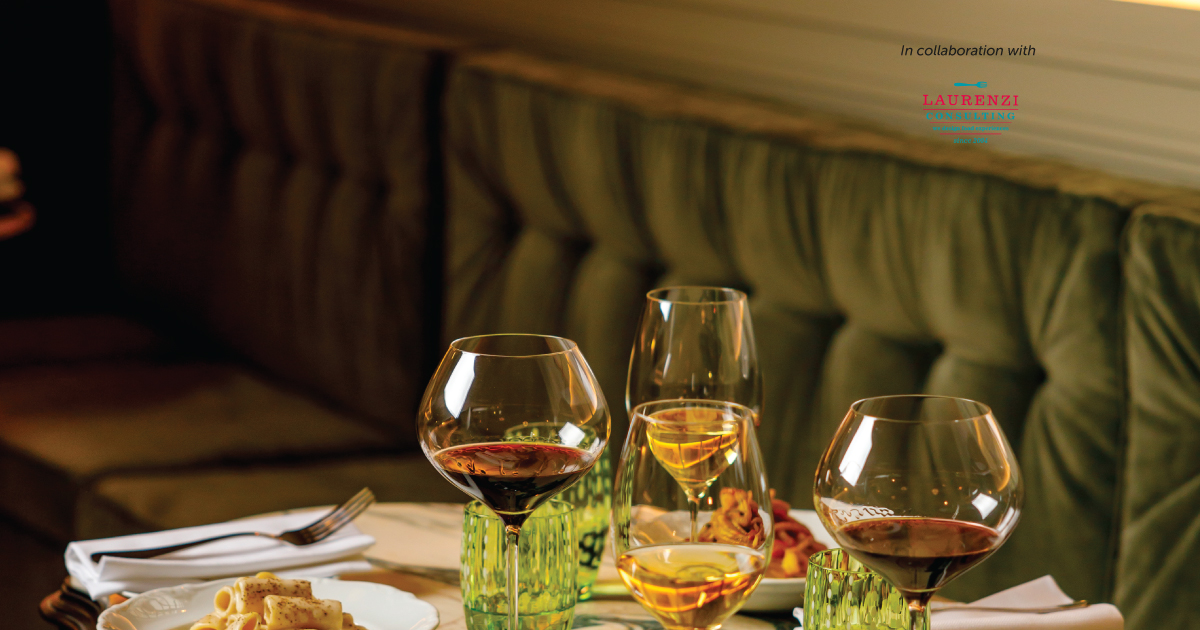

In Italy, trends in the F&B sector are influenced by global ideas that promote healthier lifestyles and sustainability, as well as the rediscovery of gastronomic heritage.
A current theme that’s evident on an international scale and prominent in new forms of Italian cuisine is food sustainability. Even within the world of haute gastronomy, many Michelin-starred chefs, including the three-Michelin-star chef Niko Romito, are promoting a novel way of cooking: one that further embraces the world of vegetables to find a clean and defined taste without too many “frills” and useless refinements for the palate.
In parallel, a similar trend is developing, one that can be defined as a real “return to gastronomic origins.” Indeed, there are more and more so-called “modern trattorias,” where young chefs work on the concept of traditional cuisine but in an innovative way. Here, we find typical preparation methods that are reworked by applying new cooking techniques and iconic foods of an ancient cuisine that are ennobled.
Market opportunities
The Italian F&B sector is undergoing a profound transformation. While the HoReCa sector in Italy has historically been fragmented, where most of the activities are carried out by family businesses or by entrepreneurs, we are observing a real reversal in recent times.
In such a market, there are still opportunities for companies wishing to structure replicable and standardized businesses. Within the hotel industry, there is scope to create unique F&B venues to allow guests to spend more time inside hotels. These venues are also being designed with locals in mind, a trend that has been observed worldwide for quite some time now.
The latest Italian homegrown concepts
As Laurenzi Consulting, we were recently involved in an exciting project to introduce three distinctive F&B venues to the five-star Hotel Palazzo Ripetta in Rome. The idea was to create sociable, intimate places for people to meet.
New concepts that honor age-old culinary traditions are also popping up, such as Pazzarella, an urban micro-dairy in the heart of the city of Padova, where fresh mozzarella is prepared daily by a master cheesemaker from Puglia.
Elsewhere, Mi Scusi, a brand conceptualized in 2017, aims to bring fresh pasta to the world in a fast-casual manner. It already counts more than 12 restaurants to its name.
In conclusion, the world of gastronomy in Italy is witnessing great change, and hospitality is a major part of it. It is changing in the tastes and needs of customers, but it is also shifting in light of an entrepreneurial approach behind the activities of the sector. There is much scope for growth and innovation to create a new standard and export quality concepts all over the world.

Dario Laurenzi,
CEO and founder of Laurenzi Consulting
















